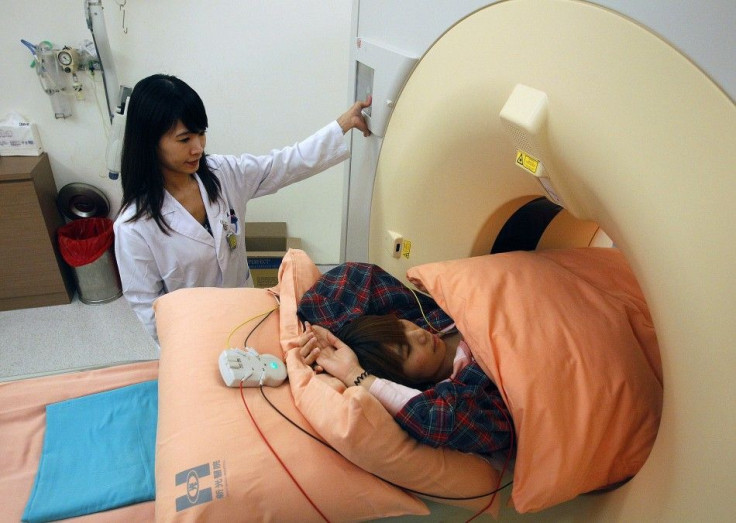Medical Tourism’s Supposed Rise And Enormous Market Appeal A Myth: Report

It’s one of the most buzzed-about trends in 21st-century travel, but British researchers are warning governments and health care decision-makers across the globe to “be wary of the myths and hype surrounding ‘medical tourism.’”
In the University of York-led study, to be published in the journal Policy & Politics, researchers defined medical tourism as when people leave their own country to seek medical treatment abroad. “They are typically treated as private patients and the costs are fully recouped,” the study noted, adding, “this is distinct from ‘health tourism,’ where there is not always an intention to pay.”
The report’s authors -- who include academics from the London School of Hygiene & Tropical Medicine, Royal Holloway University and the University of Birmingham -- challenged the very notion that an ever-greater number of global citizens are prepared to travel across national borders to receive medical treatment.
“In the past decade or so, the global health policy literature and consultancy reports have been awash with speculation about patient mobility, with an emphasis on how even greater numbers of patients are traveling across national jurisdictions to receive medical treatments,” lead author Dr. Neil Lunt of the University of York’s Department of Social Policy and Social Work said in a statement released with the report. “Our message is: Be wary of being dazzled by the lure of global health markets, and of chasing markets that do not exist.”
Lunt and his colleagues highlighted what they called the three myths of medical tourism: the apparent “rise” of medical tourism, the “enormous global market opportunities,” and the idea that national governments have a role to play in stimulating the medical tourism sector through high-tech investment.
Countries from Jamaica to Thailand, India and Singapore have invested heavily in recent years in medical tourism, but the researchers said there was absolutely no hard evidence to back up the widely held assumption that it’s in any way a booming market. Dr. Daniel Horsfall of York’s Department of Social Policy and Social Work carried out the statistical analysis for the study. He found that existing networks, historical ties and relationships might play a larger part in the success of any particular destination.
“The destinations of medical tourists are typically based on geopolitical factors, such as colonialism and existing trade patterns,” Horsfall explained. “For example, you find that medical tourists from the Middle East typically go to Germany and the U.K. due to existing ties, while Hungary attracts medical tourists from Western Europe owing to its proximity.”
Lunt cautioned, however, that authoritative data on numbers and flows of medical tourists among nations and continents was “tremendously difficult” to identify. “What data does exist is generally provided by stakeholders with a vested interest rather than by independent research institutions,” he noted. “What is clear is that there exists no credible authoritative data at the global level, which is why we are urging caution to governments and other decision-makers who see medical tourism as a lucrative source of additional revenue.”
The University of York-led study was funded by the National Institute for Health Research Health Services and Delivery Research, and uses findings from a two-year study into the impact of medical tourism on the U.K.’s health system to make broader observations that the researchers said apply globally.
© Copyright IBTimes 2024. All rights reserved.








